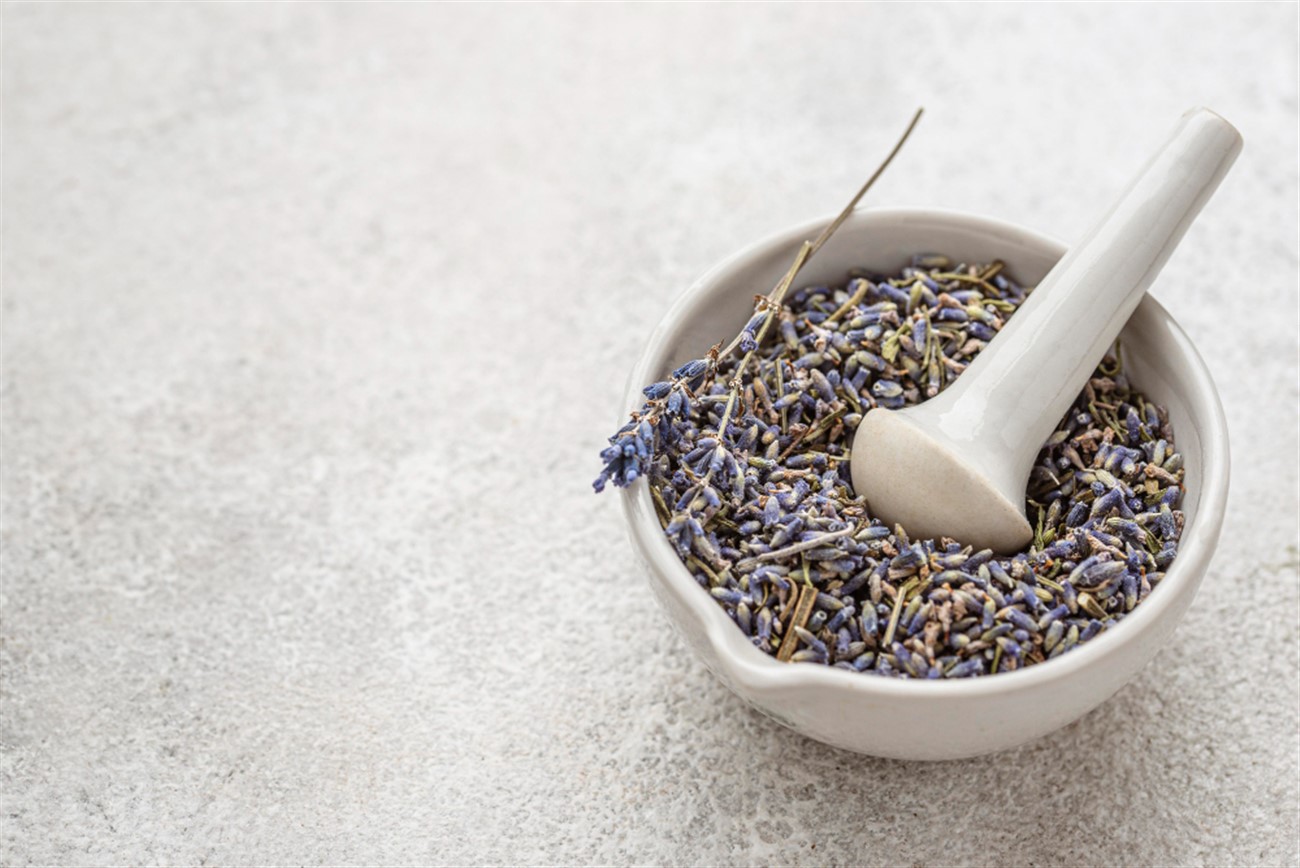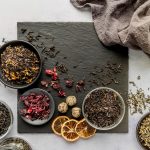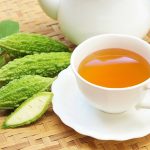
Benefits and How to Make Lavender Herbal Tea
Lavender herbal tea is a natural formula full of calming, relaxing, anxiolytic, analgesic, antioxidant, detoxifying, anti-inflammatory, antiseptic and healing properties. Before addressing the benefits of consuming this powerful tea, it is important to clarify the botanical position of this plant. The lavender called “Lavandula augustifolia” is a perennial plant belonging to the Lamiaceae family of the Lavandula genus, the well-known lavender family.
Lavandula augustifolia corresponds to one of the more than 30 species of lavender. However, compared to the other species, this species has greater aromatic intensity. Hence, its cultivation is predominant in several countries for products based on lavender oil extract. The world’s largest producer of the lavender species is France.
With a life cycle of 10 years, lavender is one of the most appreciated plants for producing high-quality honey. In addition, it promotes the removal of pests and helps other plants in their growth. Curious to know more? Find out the benefits and how to make lavender herbal tea. Good reading!
Benefits of Lavender Tea
Lavender (Lavandula augustifolia) is a plant native to Europe and composed of more than 150 compounds that promote your physical and mental well-being at various levels. The use of this medicinal plant began several hundred years ago in Greek-Roman antiquity. In the 1st century, lavender infusions would be consumed to treat muscle pain and to cure some specific diseases. Its aromatic potential was exploited by the Greeks to perfume their water baths to ward off body odours.
During World War II, lavender was used as a natural method for wound healing in soldiers. According to historical accounts, Empress Josephine used Musk (an intense solution of animal origin) on the walls of the Palace of Versailles as an aphrodisiac method to arouse Napoleon Bonaparte. However, Napoleon went further and escaped the effects of this aphrodisiac with the help of lavender cologne.
Lavender herbal tea is one of the most potent medicinal teas we can consume. Its use has gradually grown due to its strong influence on the proper functioning of the cardiorespiratory, nervous, intestinal and hormonal systems. As for its main benefits, lavender herbal tea can promote the relief of headaches and gastrointestinal, menstrual, rheumatic and muscular pains. It may also contribute to improving the appearance of the skin, reducing blood pressure, and even reducing fever and symptoms of conjunctivitis.

This natural formula has proven to be fundamental to the treatment of anaemia, anxiety, constipation, nervous tension, migraine, hypertension, depression, cystitis, colds, hyperactivity, and sleep disorders. Its contribution to the treatment of anaemia is due to the strong presence of essential nutrients in lavender, beneficial for strengthening the immune system, such as vitamin A, calcium and iron. Lavender herbal tea may contribute to the relief of extreme fatigue caused by intensive physical exercise.
In addition to the benefits mentioned, lavender herbal tea can promote increased appetite, improved blood circulation, stabilization of heartbeat and loss of abdominal fat. It is also known for helping with good mood, eliminating dandruff, treating burns and attracting good energies (spirituality).
Before consuming lavender herbal tea, you must do a simple test to detect if you are allergic to this plant. To do this, you need to rub some lavender on your arm and wait a short period to detect whether the skin develops a reddish colour. If this happens, it is not recommended that you consume this tea.

Lavender Herbal Tea in pregnancy
Lavender herbal tea is one of the teas indicated for consumption during pregnancy. The calming and relaxing properties of lavender promote the balance of the nervous system, fighting anxiety and stress. However, its consumption must be cautious. To this end, it is recommended that you discuss the possibility of drinking Lavender tea during pregnancy with your doctor.
How to make Lavender Herbal Tea
To prepare this tea, you should start by applying one tablespoon of lavender flowers in a litre of water (1L) boiled. Then cover the container and let it rest for about 5 to 10 minutes. Finally, strain it and let it cool down a bit. It is recommended to drink three cups during the day and one cup before going to bed without any sugar or sweetener.
The consumption of lavender herbal tea is not recommended for people suffering from gastric ulcers due to its influence on the worsening of their condition. In addition, regulated consumption is recommended, because lavender herbal tea influences body relaxation.
Enjoy and tell us about your experience!








Sorry, the comment form is closed at this time.